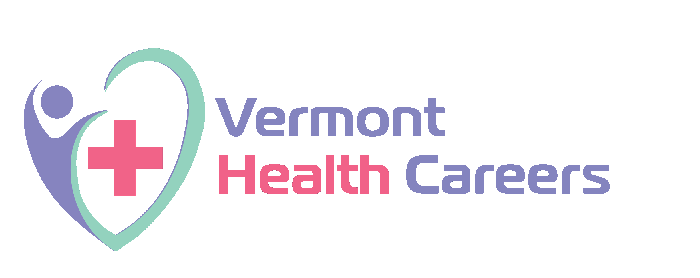In honor of National AHEC Week, we are celebrating the dedicated professionals who found their spark through AHEC programs and sharing their stories of how #AHECinspires. These alumni carry that inspiration forward every day, innovating, caring, and empowering communities with their expertise. Their stories remind us that mentorship, hands-on learning, and a supportive network can shape lives—and ultimately, shape the future of healthcare. By sharing these success stories, we honor the difference that AHEC alumni continue to make and inspire the next generation of healthcare trailblazers.
Meet our Alums
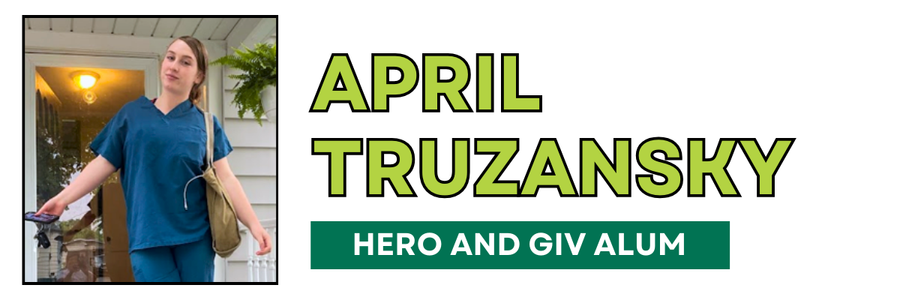
Ever since the fall of 2022, when April Truzansky first joined the NVTAHEC H.E.R.O. program, she’s felt a growing excitement for a future in health care. That virtual mentoring experience, led by a UVM medical student, lit the spark that continues to guide her ambitions.
Summer 2023 brought another opportunity: acceptance into the Governor’s Institute on Health and Medicine at Norwich University. Although a staff COVID outbreak cut the program short, April was undeterred. She promptly signed up for a second year of H.E.R.O., continuing to work alongside her mentor, third-year UVM Larner College of Medicine student, Isabella Southerland.
Around the same time, April was accepted into the Burlington School District Health Science Academy for her junior year of high school. However, she soon realized that the program’s structure wasn’t quite right for her style of learning, so she chose to return full-time to Burlington High School. From there, she took a job at a local nursing home, pursued her Licensed Nursing Assistant (LNA) training, and hasn’t looked back.
Today, April is enrolled as an Early College Student at the Community College of Vermont, where she can earn credits toward both her high school diploma and an Associate’s Degree in Health Sciences—without incurring tuition costs. She’s looking ahead to fall 2026 with plans to enroll as a Junior transfer student in a college that prepares students for a degree as a Physician’s Assistant. For April, each step has confirmed her passion for health care and her commitment to becoming a dedicated provider.
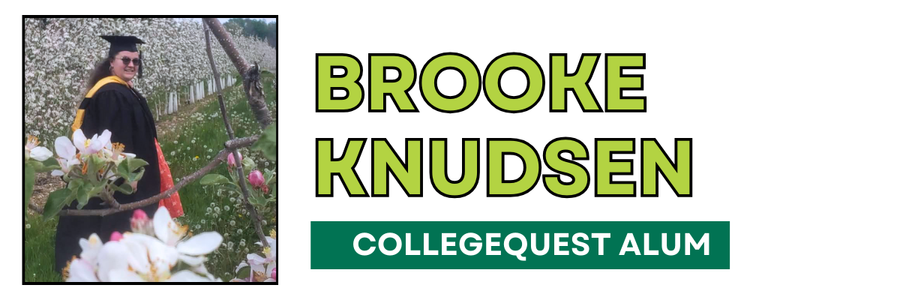
Brooke Knudsen stepped into CollegeQuest in 2014 with a desire to become a Medical Laboratory Technician and a curiosity about what higher education could offer. As a first-generation college student, she navigated unfamiliar territory from the start. Yet, her time at CollegeQuest proved transformative: she discovered an array of healthcare fields she had never considered and built meaningful connections with fellow participants. Most importantly, she realized the power of exploring paths she had not initially planned to pursue.
After CollegeQuest, Brooke enrolled at Castleton University, where she earned a Bachelor of Science in Biology. She credits CollegeQuest for giving her the confidence to pursue a degree in the sciences and to keep an open mind about her future. At Castleton, she joined the McNair Scholars Program, which ignited her passion for blending science with community service. This newfound direction led her to the University of Wisconsin–Milwaukee, where she completed a Master of Public Health in Environmental Health Sciences.
For the past three and a half years, Brooke has channeled her passion for community well-being as the Community Engagement, Housing, and Emergency Services Program Coordinator at Vermont Law and Graduate School. She attributes her professional success to the confidence and sense of possibility she gained at CollegeQuest. Her story is a testament to the value of stepping outside one’s comfort zone and finding a career path that truly aligns with personal interests and goals—even if it takes a few unexpected turns along the way.
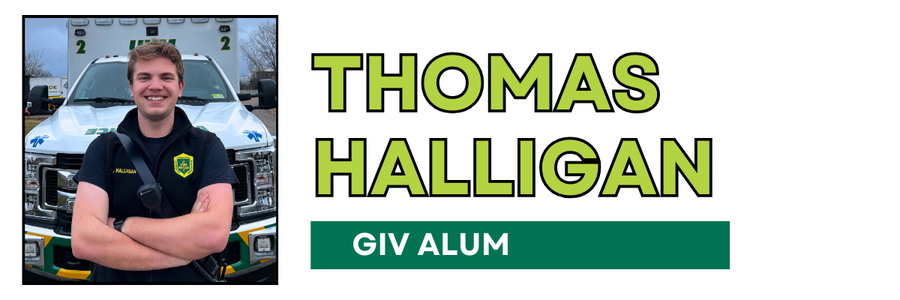
Growing up in the remote town of Norton, Vermont, Thomas Halligan always had an interest in healthcare but wasn’t entirely sure how to channel that passion. His breakthrough came when his high school guidance counselor encouraged him to attend the Governor’s Institutes of Vermont’s Health and Medicine program in collaboration with AHEC. Surrounded by peers from every corner of the state, Thomas was instantly drawn to the camaraderie and hands-on learning environment–an experience that took him far beyond the traditional confines of a small-town classroom.
During the summer institute, Thomas gained invaluable exposure to different facets of medicine. He vividly recalls practicing suturing on a banana under the guidance of a visiting surgeon and experimenting with laparoscopic surgery simulators–opportunities that sparked an enduring fascination with emergency care. These immersive moments, coupled with the chance to speak one-on-one with health professionals across various disciplines, underscored a crucial lesson: meaningful relationships and real-world experiences can ignite a career path with purpose.
Eager to build on his newfound passion, Thomas returned to high school determined to dive deeper into medicine. He completed an EMT program through his technical center and soon began working in a local emergency department, even though the state required him to wait until he turned 18 to officially practice as a licensed EMT. Undeterred, Thomas used this waiting period to gain valuable on-the-job experience as an ER tech–a role he still holds today. This foundation instilled in him a confidence and skill set that extended well beyond clinical knowledge, particularly when it came to building rapport with patients and learning to adapt in high-pressure situations.
Now a Biological Science major at the University of Vermont, Thomas continues to expand his healthcare experiences. He volunteers with UVM Rescue and also works with several paid EMS agencies, including 45th Parallel EMS, Cambridge Rescue, and Charlotte Rescue, responding to a wide range of emergencies. Through each encounter, Thomas has deepened his appreciation for the unique challenges rural communities face, including limited resources and long transport times to full-service hospitals.
In addition to his EMS work, Thomas has become a passionate instructor, teaching community CPR and Stop The Bleed courses, as well as training new instructors for both programs. He finds purpose in empowering communities to provide critical, life-saving care–especially vital in rural areas where EMS response times can be significantly longer.
Looking ahead, Thomas plans to earn his paramedic certification, attend medical school, and ultimately specialize in emergency medicine in a rural setting. He envisions serving in critical access hospitals, where providers must adapt quickly to shifting needs and more limited resources. His own hometown experiences fuel his ambition to offer life-saving care to underserved populations, ensuring that small communities like Norton have access to high-quality healthcare close to home.
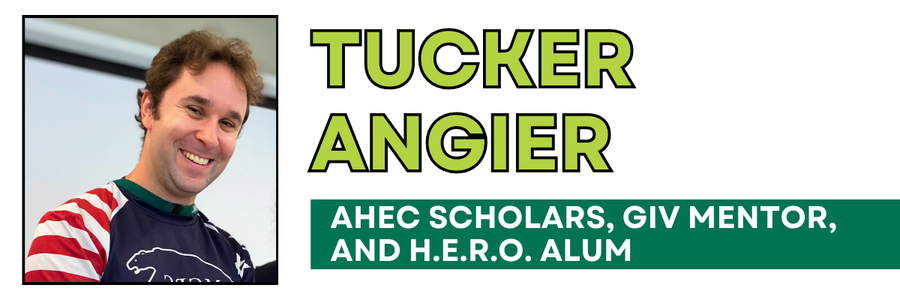
For Tucker Angier, a medical student at The Robert Larner, M.D. College of Medicine at The University of Vermont and aspiring family medicine physician, participation in AHEC programs has played a pivotal role in shaping his approach to medicine. Engaging with educators and facilitators, including Northern Vermont AHEC’s Lanie Billings, gave him valuable tools for strengthening healthcare literacy—skills he believes will be essential in his future practice.
Programs such as HERO, The Governor’s Institutes of Vermont Health & Medicine Institute, and AHEC Scholars provided practical training on communicating effectively with diverse populations and refining patient education. Tucker has long felt drawn to the medical field, working as both an EMT and a ski patroller, and credits a mentor in Chicago for emphasizing the humanistic side of medicine, focusing on patient connection and perseverance.
Although he initially joined AHEC to build his résumé, Tucker soon realized that the organization’s mission aligns with his own goals for compassionate, patient-centered care. With hopes of practicing in Vermont, he believes that rapport and connection form the foundation of every medical interaction. He also encourages new AHEC participants to find what resonates with them and to avoid taking on more than they can handle.
Tucker’s journey encapsulates the core of #AHECInspires, illustrating how supportive mentors and a strong network can shape tomorrow’s healthcare leaders. His story underscores the critical role of empathy, patient-centered communication, and continuous learning in delivering quality healthcare.
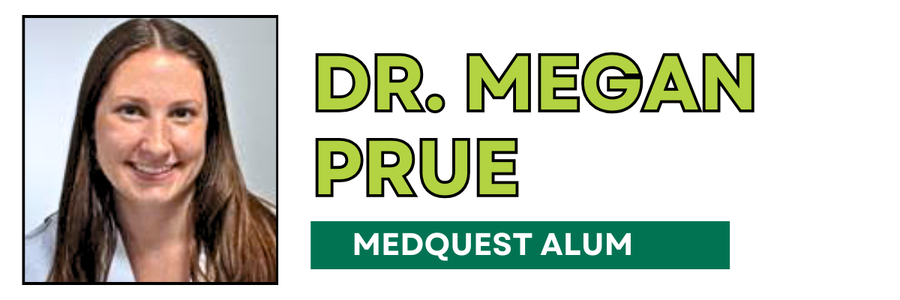
Growing up in Derby, a small town in the Northeast Kingdom of Vermont, Dr. Megan Prue discovered her love of science early on. In middle school and high school, she gravitated toward biology and nurtured a deep desire to help others—particularly children. Her passion took shape when she participated in the AHEC MedQuest summer program, which introduced her to a range of healthcare settings, from ambulance services to outpatient clinics. This hands-on experience lit the spark that confirmed her calling: using her scientific curiosity to improve people’s lives.
Dr. Prue pursued undergraduate degrees in Biochemistry and Applied Mathematics at the University of New England before returning home to attend the Larner College of Medicine at the University of Vermont. She is now completing her residency at the UVM Children’s Hospital, focusing on primary care for underserved rural communities. Having witnessed firsthand the shortage of pediatric providers in her hometown, she is committed to returning to the region to offer care where it’s needed most. For Dr. Prue, giving back to a community that supported her journey—cheering her on, writing letters of recommendation, and celebrating her medical school acceptance—feels both personal and vital.
Dr. Prue’s story encapsulates what the AHEC mission is all about: sparking interest, guiding potential, and empowering the next generation of healthcare professionals to serve where they’re needed most. AHEC alumni like Dr. Prue truly are powering the future of healthcare—one patient at a time.
Each day we will be adding an alum’s story of how #AHECinspires, so follow us here and on social media!
